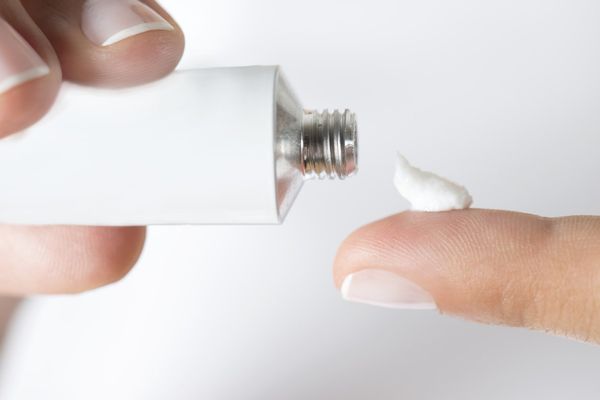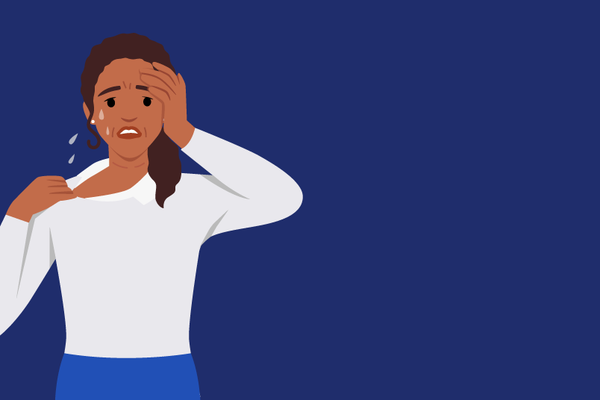If you're having hot flashes, problems sleeping and other menopausal symptoms, you may want to explore your options for relief. While hormone therapy remains the most common and most effective treatment for many menopausal symptoms, a few lifestyle changes can sometimes make a huge difference in how you feel. Specifically:
Exercise. Whether your idea of exercise is a walk, a run or a Pilates class, there's good evidence suggesting that it may reduce the number and severity of your hot flashes. In one study, Swedish researchers evaluated 793 postmenopausal women on their exercise habits and prevalence of hot flashes. Only five percent of highly physically active women said they experienced severe hot flashes, compared to 14 to 16 percent of women who got little or no weekly exercise. One possible reason for the difference, researchers theorized, is that regular physical exercise may affect brain chemicals that regulate body temperature.
Quit smoking. It makes intuitive sense that lighting up a cigarette won't cool your hot flashes. And research proves it. One study found that smokers were nearly twice as likely to have moderate or severe hot flashes as those who never smoked and more than twice as likely to have daily hot flashes as nonsmokers. The more the women smoked, the more they flashed. So talk to your health care professional today about ways to quit.
Lose weight. It's no secret that overweight people suffer from the heat more, whether or not they're having hot flashes. But studies also find that women who are obese are more likely to have frequent and severe hot flashes than women with a healthy weight. Although it gets harder to lose weight in middle-age, talk to your health care professional about options. A healthy diet coupled with moderate daily exercise can make a world of difference.
Dress for menopause. If you're having hot flashes, the "weather" inside or outside can be as unpredictable as the stock market. So dress for every contingency by dressing in layers. For instance, start with a silk camisole, then a short-sleeved blouse, then a light blazer. When a flash hits, peel off a layer; as you cool down, put it back on. And stick with natural materials that breathe, such as cotton and silk.
Create a "menopausal" environment. That means keeping the temperature on the cool side (try to take control of the thermostat in your office and home) and buying a small fan for your desk.
Practice stress reduction techniques. Deep breathing, mindful meditation and visualization can help you relax and either avoid a hot flash or render it less intense. Such efforts can also help combat insomnia, whether it occurs as you're trying to fall asleep or when you wake in the middle of the night.
Turn your bedroom into a menopausal haven. Whether you're having trouble falling asleep, staying asleep or are waking up too early, there are numerous steps you can take to get a good night's sleep.
- Nix the caffeine. It interferes with sleep and makes you jittery. Unfortunately, that also goes for the caffeine in chocolate.
- Cool off your room. Install an overhead fan or buy a standing fan and aim it right at the bed. Open a window or lower the air conditioner. If your partner is too cold, toss him or her an extra blanket.
- Go natural. Either sleep in the nude, with just a thin sheet covering you, or stick to light, all-cotton or all-silk sleep clothes.
And remember, even if you are taking hormone therapy to manage your menopausal symptoms, incorporating these lifestyle changes should make the medication more effective and may enable you to take a lower dose.
- The Surprising Signs of Perimenopause ›
- Signs of Early Menopause ›
- Is It Menopause or Something Else? ›
- Top 10 Menopause Symptoms ›







